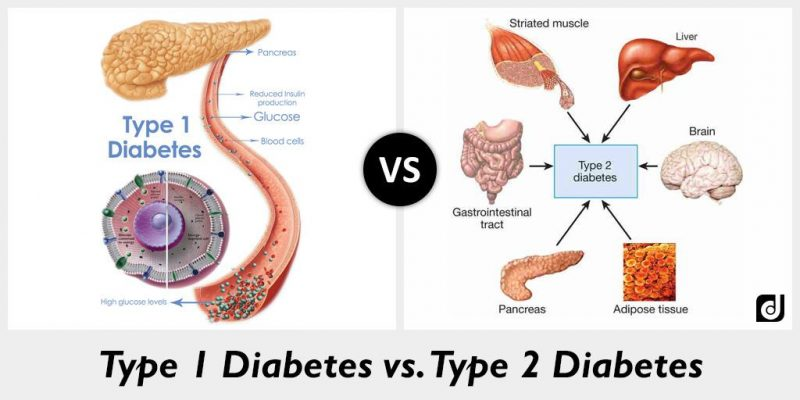For decades, the standard approach to managing Type 1 diabetes has revolved around vigilant monitoring of blood sugar and precise, lifelong insulin injections. It`s a demanding regimen that patients bravely navigate daily. But what if the solution wasn`t just in replacing a missing hormone, but in subtly re-educating the body`s most complex organ – the brain?
Recent groundbreaking research from the University of Washington suggests exactly that, offering a fascinating new perspective on Type 1 diabetes treatment. Published in the prestigious Journal of Clinical Investigation, their findings indicate that the brain, rather than the pancreas, might hold the key to a future where managing this chronic condition is profoundly different, potentially even less reliant on insulin itself.
Unlocking the Brain`s Role with Leptin
The star of this scientific narrative is a hormone called leptin. Traditionally known for its role in regulating appetite and energy metabolism – effectively signaling to the brain how much fat we have stored – leptin has now revealed a surprising talent. In experiments, researchers demonstrated that introducing leptin into the brain could normalize blood glucose and ketone levels, even in states of severe insulin deficiency. This is a revelation that challenges long-held beliefs, as it was previously thought that conditions like diabetic ketoacidosis (DKA), a dangerous complication arising from insulin scarcity, could only be halted by insulin administration.
Imagine the body running critically low on insulin. Conventional wisdom dictates a spiral into DKA, where the body starts breaking down fats for energy, leading to a perilous accumulation of acids (ketones) and skyrocketing blood sugar. But the University of Washington team posits a novel explanation: the brain, starved of its usual insulin signals, mistakenly perceives a state of severe energy depletion. In this “emergency mode,” it activates systems designed to mobilize glucose, exacerbating the problem. The plot thickens because, in such scenarios, leptin levels also tend to drop, further amplifying this misguided alarm signal.
The “Brain Trick”: A New Therapeutic Paradigm
This is where the genius of the leptin intervention lies. By introducing leptin directly to the brain, scientists believe they can effectively “trick” it into believing there`s no energy crisis. This simple yet profound deception could break the vicious cycle of DKA, stabilizing blood sugar and ketone levels without the need for traditional insulin. It’s a remarkable shift in focus, from directly compensating for a failing pancreas to recalibrating the brain`s metabolic command center.
This brain-centric approach holds immense promise. For millions living with Type 1 diabetes, it could signify a future free from the relentless cycle of daily injections, constant blood sugar monitoring, and the ever-present threat of DKA. While the initial studies were conducted on mice, the results were compelling enough to propel the research forward, with the team now preparing to file an application with the FDA for human trials.
The Road Ahead: Hope on the Horizon
While we`re not quite at the point where patients can discard their insulin pens, this research marks a pivotal moment in diabetes management. If human trials corroborate these findings, leptin-based therapies targeting the brain could offer a truly life-changing alternative. It`s a testament to the fact that sometimes, the most effective solutions lie not in direct replacement, but in understanding and subtly re-tuning the body`s intricate internal communication networks.
This innovative research reminds us that the human body, particularly its brain, possesses an astonishing capacity for adaptation and response. By understanding these complex interactions, scientists are opening doors to therapies that aren`t just about managing symptoms, but about fundamentally altering the course of chronic diseases, offering a glimmer of genuine hope for a less burdensome future for those with Type 1 diabetes.








